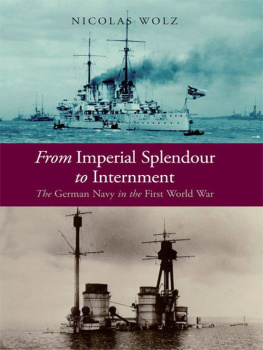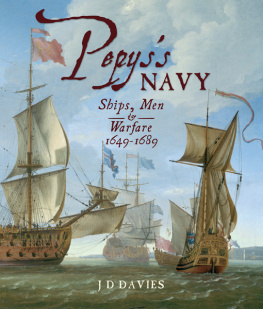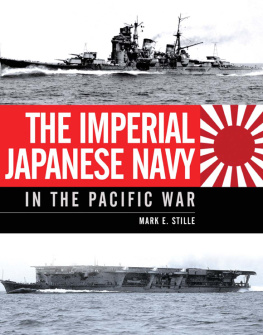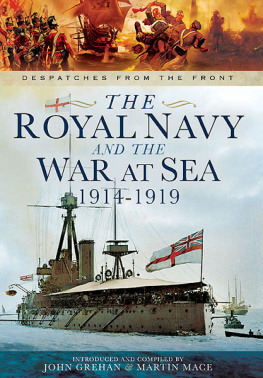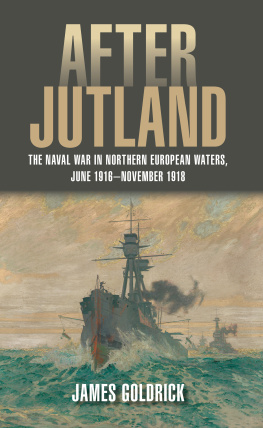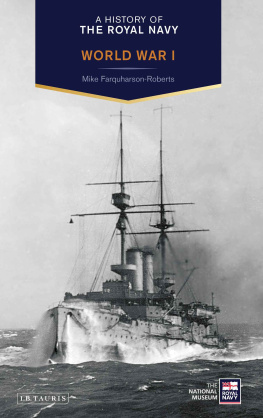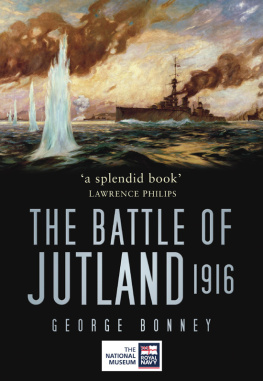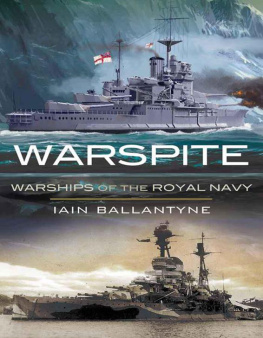Copyright 2013 Deutscher Taschenbuch Verlag GmbH & Co. KG
First published in Great Britain in 2015 by
Seaforth Publishing,
Pen & Sword Books Ltd,
47 Church Street,
Barnsley S70 2AS
First published in Germany in 2013 under the title
Und wir Verrosten im Haffen , by Deutscher Taschenbuch Verlag
British Library Cataloguing in Publication Data
A catalogue record for this book is available from the British Library
ISBN 978 1 84832 228 8
eISBN 9781848323353
All rights reserved. No part of this publication may be reproduced or transmitted in any form or by any means, electronic or mechanical, including photocopying, recording, or any information storage and retrieval system, without prior permission in writing of both the copyright owner and the above publisher.
The publisher would like to thank Gavy Staff for the use of photographs from his collection.
Contents
Foreword
O NCE A YEAR, SHORTLY BEFORE C HRISTMAS , the few remaining survivors of the pocket battleship Admiral Graf Spee assemble at the graveside of their former commander, Kapitn zur See Hans Langsdorff, in the German cemetery at Buenos Aires. Together they reminisce about what happened more than seventy years previously, on 17 December 1939, when Langsdorff gave his men the order to scuttle the ship, seriously damaged in the battle of the River Plate fought against three enemy cruisers. The commander did not wish to engage a superior enemy force believed to be waiting outside the port of Montevideo, which would have resulted in the sinking of his ship and certain death for a large part of the thousand officers and men serving aboard her. Because this decision to give up without a fight breached the naval code of honour, which expected an heroic death, two days later Langsdorff shot himself dead in a hotel room in Buenos Aires.
After the scuttling of the ship, the officers and crew took refuge in Argentina, and in the months subsequently some of the ships officers managed to make their way home to Germany. One of these men was Korvettenkapitn Paul Ascher, no 1 gunnery officer. In May 1941 Ascher, who had meanwhile been appointed admiral staff officer to the fleet staff, sailed aboard the battleship Bismarck on Operation Rheinbung . What had been planned as a commerce-raiding sortie against British merchant shipping ended in disaster. Overwhelmed by a superior British force, the Bismarck went down on 27 May 1941 with more than 2200 of her ships company. Her commandant, Kapitn zur See Ernst Lindemann, refused throughout to strike his flag and thus end the cruel slaughter. Only 115 German sailors lived to tell the tale. Paul Ascher was not amongst them.
The sinking of the Bismarck and the scuttling of the Admiral Graf Spee are perhaps the two most prominent chapters occurring in the volumes of German naval history and tactical command of the Second World War. The conditions for these two events were created, however, by an earlier war. Langsdorff and Lindemann both began their naval careers in the Imperial German Navy and their future decisions the capitulation of one as much as the refusal to capitulate of the other were the result of experiences which they had undergone as naval officers in the Great War.
However, this was not at all self-evident. At the beginning of the twentieth century, Germany was a terrestrial power lacking a naval capacity of any note. It was not until the desire arose for a role of equal status in the circle of world and colonial powers that Kaiser Wilhelm IIs passion for warships, and Alfred von Tirpitzs skill at organisation, resulted within a few years in the building of a fleet of powerful battleships intended to bring their major rival, Great Britain, to heel. But this was a miscalculation. Instead of becoming a willing treaty partner, the British became Germanys bitter enemy when war broke out in August 1914.
Another hope was also to remain unfulfilled: instead of giving the German fleet the opportunity, by means of a great naval battle, to demonstrate to the German nation the reason why this great fleet had been built, the Royal Navy adopted a strategy of restraint and limited its activities to a distant blockade of the North Sea. This was something against which the Imperial Navy was relatively powerless, and so it waited, planned, trained and exercised, now and again made a foray into enemy coastal waters, and continued to hope that one day the yearned-for test of strength would at last arrive: proof not only of its unconditional loyalty to the Supreme Commander Wilhelm II, but also of a fearless will to act. Hitler found both these qualities useful later when he called upon his ships to fight to the last shell the Bismarck was by no means the only vessel to comply.
Between 1939 and 1945 the Kriegsmarine feared nothing more than a repeat of its inglorious First World War role on the sidelines. Yet Langsdorffs refusal to permit his men to die a pointless death the only such case of this kind in the surface fleets in either of the world wars cannot be understood without knowing the First World War background. On 8 December 1914, Vizeadmiral Maximilian Graf von Spee found himself in a similar fatal trap to that of Langsdorff, and handled it in a manner diametrically opposed. The admiral, whose name Langsdorffs ship was later to bear, accepted battle against a superior British force, even though he knew that he had no prospect of success. In doing so, to a certain extent Spee founded the German naval tradition of going down with battle flags flying, which Langsdorff rejected twenty-five years later but then found that he had no honourable option but to shoot himself.
If the fate of Langsdorff and that of the Bismarck are much more familiar today than that of Graf Spee and the Imperial Navy, it is mainly because the Second World War is closer to us in time. Hitler, the Holocaust and almost 60 million dead block our retrospective view of that originating catastrophe of the twentieth century, into which the states of Europe, in the words of the historian Christopher Clark, staggered like sleepwalkers. The other reason is that the years 1914 to 1918 are basically remembered in the European collective mind for terrestrial and trench warfare. To this day we recall the First World War primarily from photographs of infantry trenches and deserts of barbed wire. These scenes represent countless hopeless assaults on enemy trenches which could not be taken, as much as for Verdun and the Somme, and for battles in which a hundred thousand horrific deaths was a price worth paying in order to win a couple of yards of muddy ploughed land.
On the other hand the few pure naval engagements, principally the battle of Jutland on 31 May 1916, have tended to make less impression on the consciousness of later generations. Even in the enormous output of literature about the First World War ever since, the war at sea has a subordinate role, and in many accounts it is never mentioned at all. As the subject of study, the strategic and technical aspects stand principally in the foreground: the British concentrate almost exclusively on monographs about Jutland. Until now, there has not been an overall perspective of the Imperial Navy at war, dealing with the military and political aspects alongside the social, the psychological and the everyday.
The question of how the officers and men experienced their war and not only during the few hours in which their ships were in action, but also in the long months waiting for the next engagement is an extremely dramatic one. On either side of the North Sea, the inconspicuous role of the fleets during the war stood in sharp contrast to the political, military and also social significance which had been ascribed to them before the war. Above all, the German fleet, which had been built with such high hopes, never fulfilled its expectations. Isolated by the distant British blockade, it lay practically useless at anchor in Wilhelmshaven and Kiel, and its few operational sorties, no matter how heroic they might appear to their contemporaries, changed nothing. When the war came to its conclusion, the Imperial Navy had become just one more flashpoint for revolution, demonstrating clearly just how the old order of the Kaiser Reich, best represented by the navy, had come through it. Seldom, wrote the historian Michael Salewski, has an organisation of such proud eminence fallen so far.

